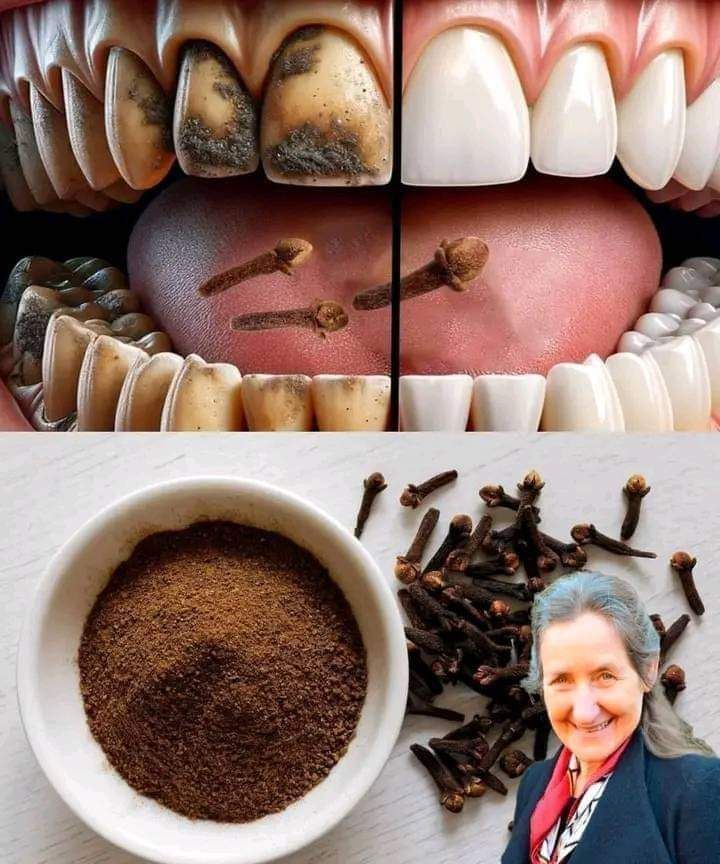Plaque and tartar buildup can cause major dental problems like gum disease, tooth decay, and bad breath if left untreated. While regular dental visits are essential, there are effective natural remedies you can incorporate into your routine to prevent and remove plaque and tartar. Here’s an exclusive, detailed guide to 9 powerful natural solutions that will help you maintain healthy teeth and a bright smile.
1. Baking Soda
How It Works: Baking soda is one of the most well-known remedies for removing plaque and tartar. Its mild abrasiveness helps scrub away the sticky layer of plaque and neutralizes acids in the mouth.
How to Use It:
- Wet your toothbrush and dip it into a small amount of baking soda.
- Brush your teeth as usual, focusing on areas where plaque buildup is prominent.
- Rinse thoroughly with water.
- Do this 2-3 times a week for the best results.
Tip: Don’t overuse baking soda as it can wear down tooth enamel over time. Keep it to once every few days.
2. Coconut Oil Pulling
How It Works: Coconut oil pulling is an ancient Ayurvedic practice that detoxifies the mouth and removes harmful bacteria. It is highly effective in reducing plaque, preventing gum disease, and improving oral hygiene.
How to Use It:
- Take a tablespoon of organic, virgin coconut oil.
- Swish it around in your mouth for 10-15 minutes.
- Spit the oil out into a trash bin (not the sink, as it can clog pipes) and rinse your mouth with warm water.
- Follow this routine every morning before brushing for optimal results.
Tip: For added benefits, you can mix a drop of tea tree oil or peppermint oil with the coconut oil.
3. White Vinegar Mouthwash
How It Works: White vinegar has antibacterial properties that help kill plaque-causing bacteria in the mouth. The acidity of vinegar can also break down tartar buildup on teeth.
How to Use It:
- Mix 2 tablespoons of white vinegar with 1 tablespoon of salt in a glass of warm water.
- Rinse your mouth with this solution once a day, focusing on areas prone to tartar buildup.
- Spit it out and rinse with water afterward to avoid the taste lingering.
Tip: Since vinegar is acidic, don’t overuse this remedy to avoid enamel erosion. Once a day is enough.
